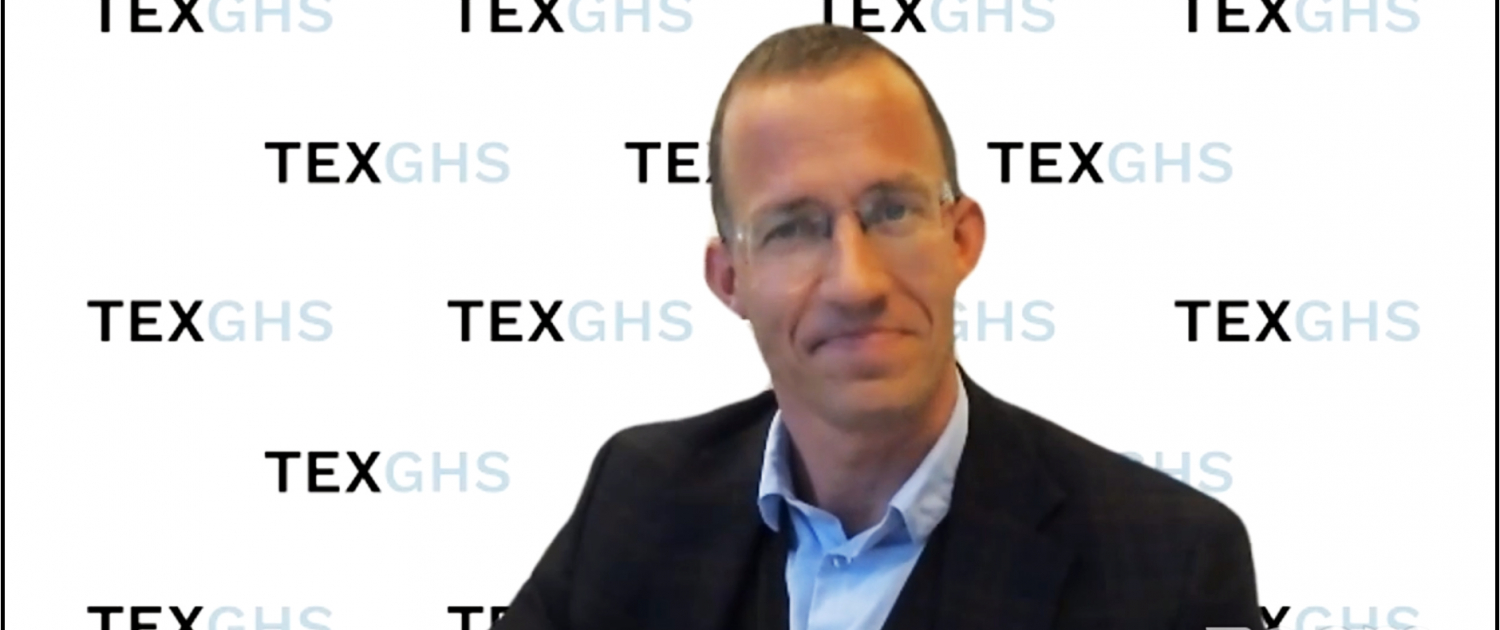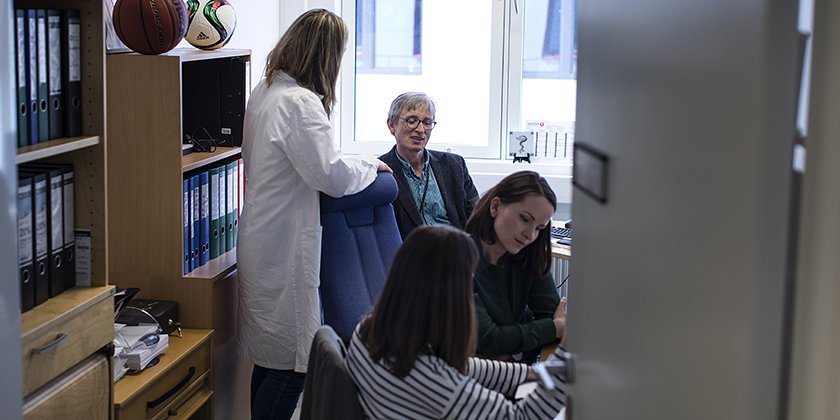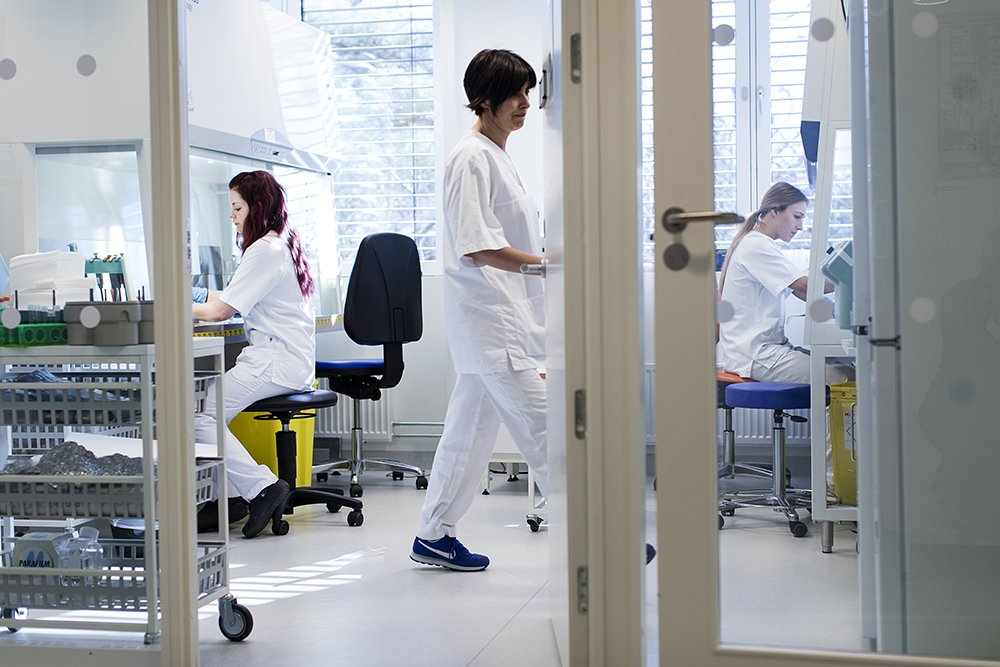Innspill til Perspektivmeldingen
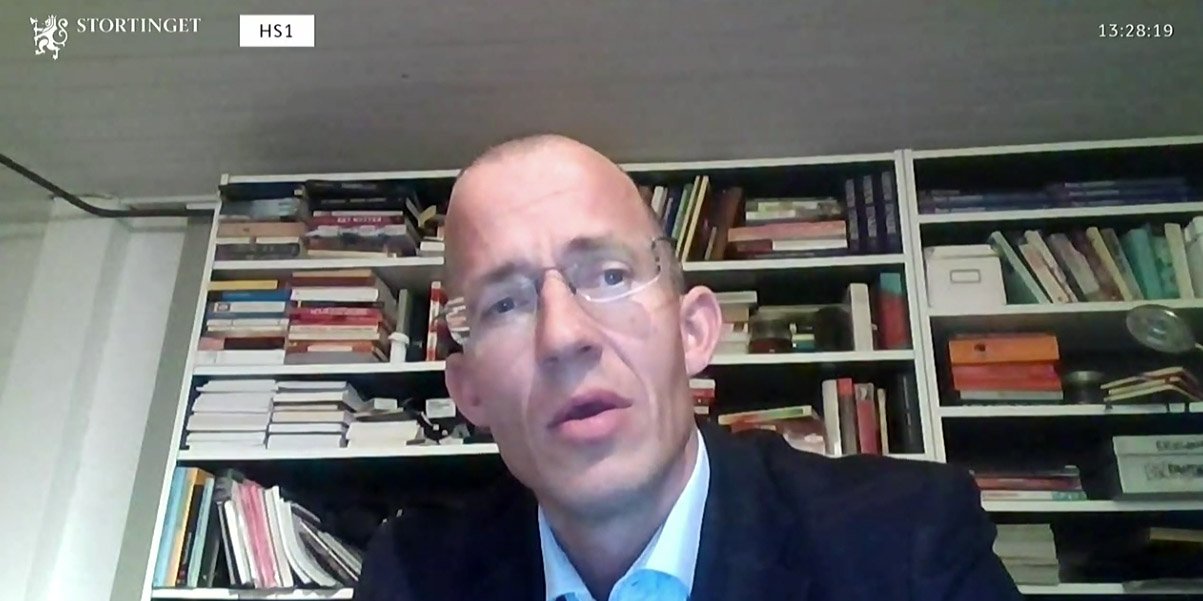
Oslo Cancer Cluster har uttalt seg om Perspektivmeldingen 2021. Vårt hovedpoeng er at helsenæring må være en større del av regjeringens strategi for norsk økonomi.
Hvert fjerde år legger Finansdepartementet fram en Stortingsmelding om utfordringer i norsk økonomi de neste førti årene, og regjeringens strategier for dem. Denne kalles Perspektivmeldingen.
Oslo Cancer Cluster deltok i høringen av denne meldingen i Stortingets Finanskomité 22. mars 2021. Flere andre aktører innen kreft og helse deltok også i høringen, blant annet Kreftforeningen, Norway Health Tech, Legeforeningen og Pårørendealliansen.
Helsenæringens potensial for norsk økonomi var et gjennomgangstema.
Helsenæringens aspekter
Perspektivmeldingen poengterer hvor viktig det blir med offentlig-privat samarbeid og investeringer i helsenæring fremover. Videre nevner meldingen at ny teknologi i helse bidrar til økt ressursbruk og økt levealder med flere funksjonsdyktige leveår. Dermed fører ny teknologi også til et økt skattegrunnlag for finansiering av offentlige velferdsordninger.
– Det er gode elementer som er med. Samtidig er det flere aspekter ved helsenæring som Oslo Cancer Cluster savner, og som vi ønsker å trekke frem, sa Ketil Widerberg, daglig leder i Oslo Cancer Cluster, under høringen.
Se Ketil Widerbergs innspill på video:
Det første aspektet som Oslo Cancer Cluster savner i Perspektivmeldingen, er at både uventede og forventede hendelser i helse gir store kostnader.
Uventede hendelser, som Covid19, har store budsjettkonsekvenser. I tillegg til kostnadene med nedstengte samfunn, er det store kostnader forbundet med innkjøp av teknologi til sporing, testing, behandling og vaksinering.
Forventede hendelser er for eksempel antallet nordmenn som får kreft og antallet som overlever kreftsykdom. Før fylte 75 år har nå én av tre nordmenn fått minst en kreftdiagnose, og dette tallet øker, ifølge Kreftregisteret. Det er også flere og flere som overlever og må leve med følgene av kreftsykdom. En slik prognose vil påvirke Norges finanser, og ved å utvikle norsk helsenæring blir ikke Norge stående kun på kjøpersiden, men vil også få inntekter fra et av verdens største og økende markeder.
Det andre aspektet er de økonomiske mulighetene. Slik ressursbruken i helse kan bidra til et økt skattegrunnlag, vil også store kostnader i helse representere store økonomiske muligheter for norsk helsenæring.
Norge har så langt bidratt til milliardeventyr i helse med blant annet Ugelstadkuler fra Dynal, som er sentrale i Covid19-testing, og med kreftmedisin fra Algeta og Vaccibody. Sistnevnte utvider nå sin vaksineplattform fra kreft til neste generasjons Covid 19-vaksiner.
– Dersom vi i Norge tilrettelegger godt for innovasjon innen helse og konkret følger opp Stortingsmeldingen om Helsenæringen, vil den voksende utgiftssiden også bli en voksende inntektsstrøm. Det er gode perspektiver, sa Ketil Widerberg under høringen.
Det tredje aspektet er økt samarbeid mellom det offentlige og privat næringsliv gjennom modne helseklynger.
– De norske klyngene er en etablert arena for samhandling mellom offentlig og privat sektor. Vi er også pådrivere for internasjonalt samarbeid og kunnskapssamarbeid. I tillegg legger vi til rette for kommersialisering av samfunnsnyttige, forskningsbaserte innovasjoner, og vi jobber med å koble bedrifter som søker finansiering med investorer og prosjekter. Dermed er vi med på å sikre nye selskaper viktig tilgang til kapital. Dette gir bedre kanalisering av tilgjengelig kapital, og er nettopp det Kapitaltilgangsutvalget ønsker mer av, sa Widerberg.
Spørsmål fra politikere
Oslo Cancer Cluster fikk spørsmål fra stortingsrepresentantene Sigbjørn Gjelsvik (Senterpartiet) og Ola Elvestuen (Venstre) under høringen. Spørsmålene var:
- Hvilken rolle mener dere at det offentlige skal ha i et offentlig-privat samarbeid i helse?
- Kan dere si noe mer om samarbeidet med helseforetakene om næringsutvikling og teknologiutvikling?
I denne videoen svarer Ketil Widerberg på spørsmålene:
Flere vil sikre helseklyngene
Kreftforeningen talte for at alle nå må gjøre alvor av satsingen på helsenæringen, blant annet gjennom å sikre finansiering av helseklyngene.
– Det er på tide å gjøre alvor av satsingen på helsenæringen. Vi må lykkes med å styrke samarbeidet mellom det offentlige, det private, akademia og ideell sektor. Et viktig ledd i denne satsingen må være å sikre finansieringen av klyngene på helseområdet, sa Thomas Axelsen, leder for samfunnspolitisk seksjon i Kreftforeningen, og viste til klyngene som deltok i høringen.
Axelsen understreket også behovet for umiddelbar handling:
– Vi må investere i teknologi og innovasjon i dag mens vi har et handlingsrom for å gjøre det, og sørge for at vi får på plass gode avtaler mellom det offentlige, det private og ideell sektor, slik at vi står klare neste gang vi trenger det.
Se videoen av Kreftforeningens innspill her.
Les mer:
- Oslo Cancer Clusters skriftlige høringsinnspill kan lastes ned fra denne lenken
- Perspektivmeldingen kan lastes ned fra nettsidene til Finansdepartementet
- Stortingsmeldingen om Helsenæringen kan lastes ned fra nettsidene til Nærings- og fiskeridepartementet
- Kapitaltilgangsutvalgets nettside

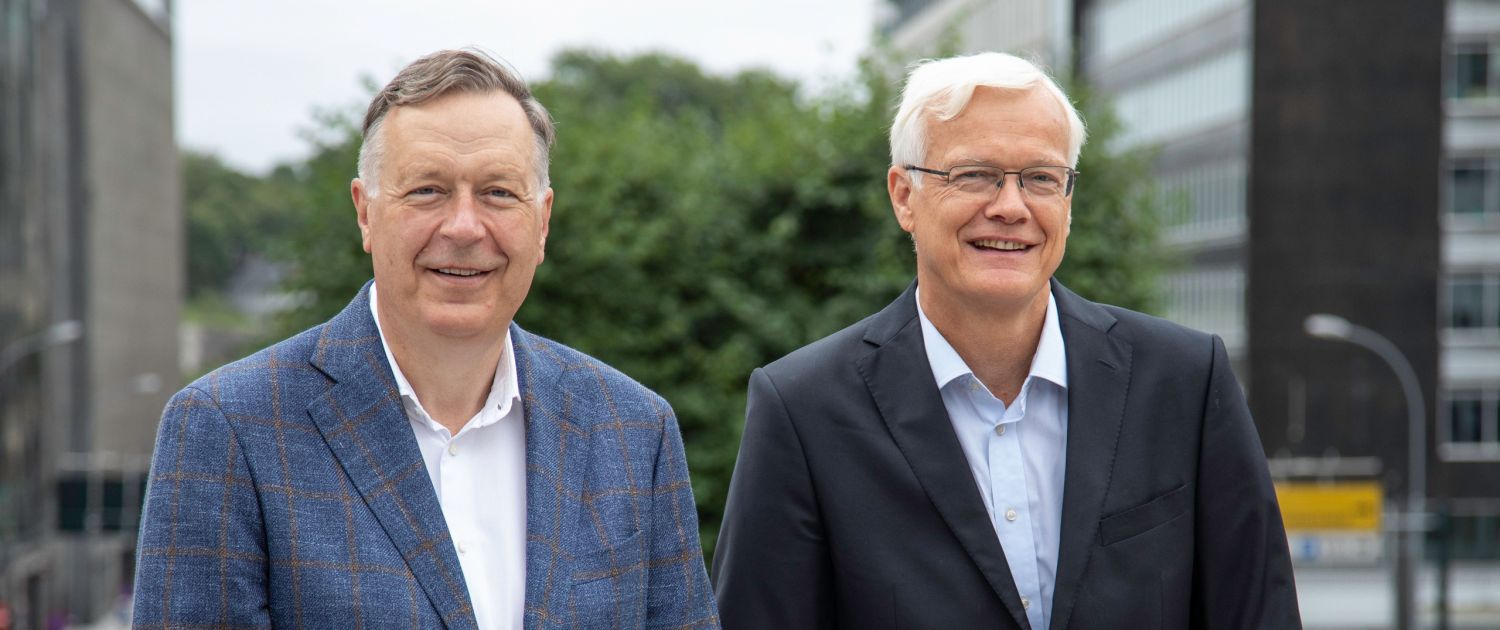 Lytix
Lytix 